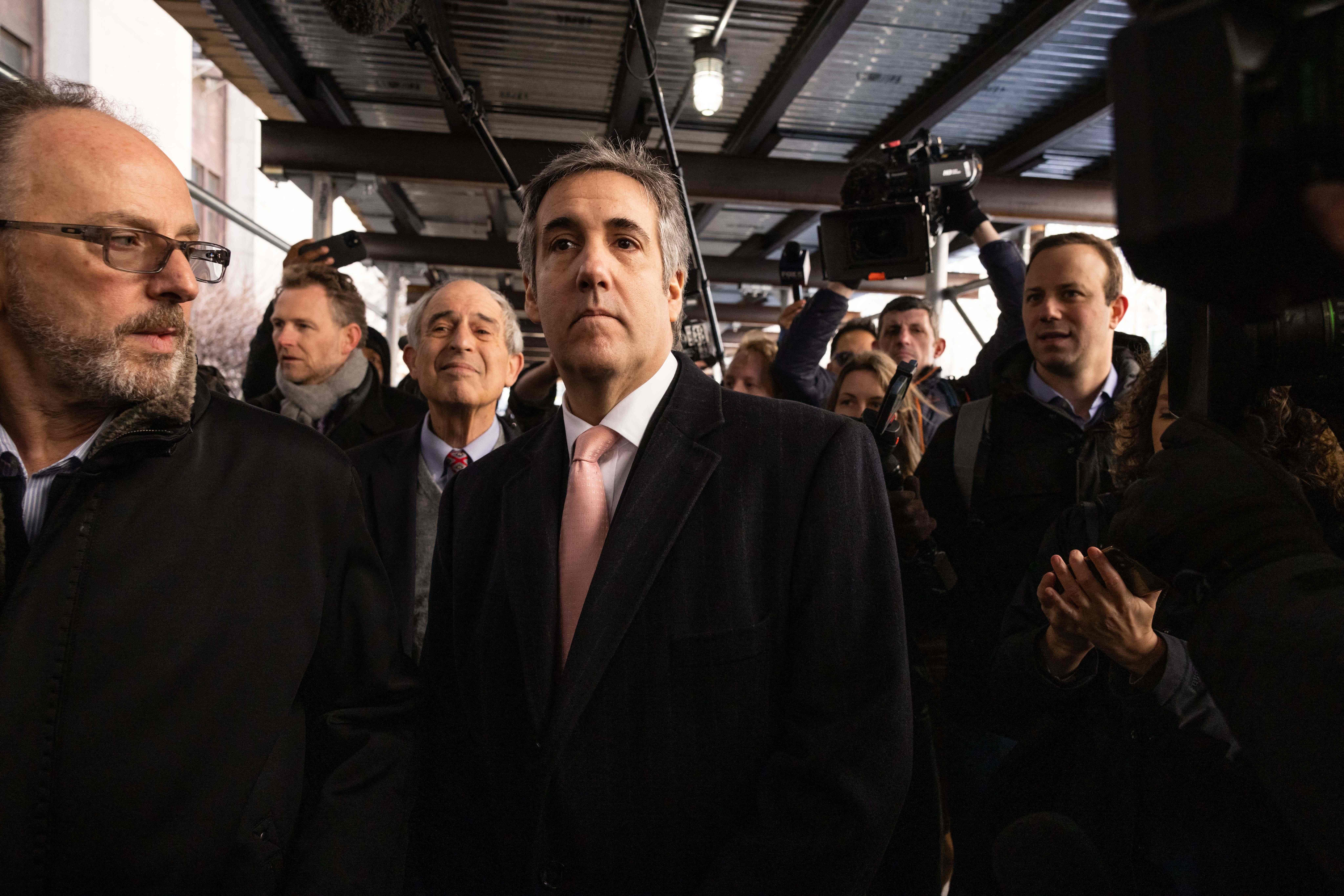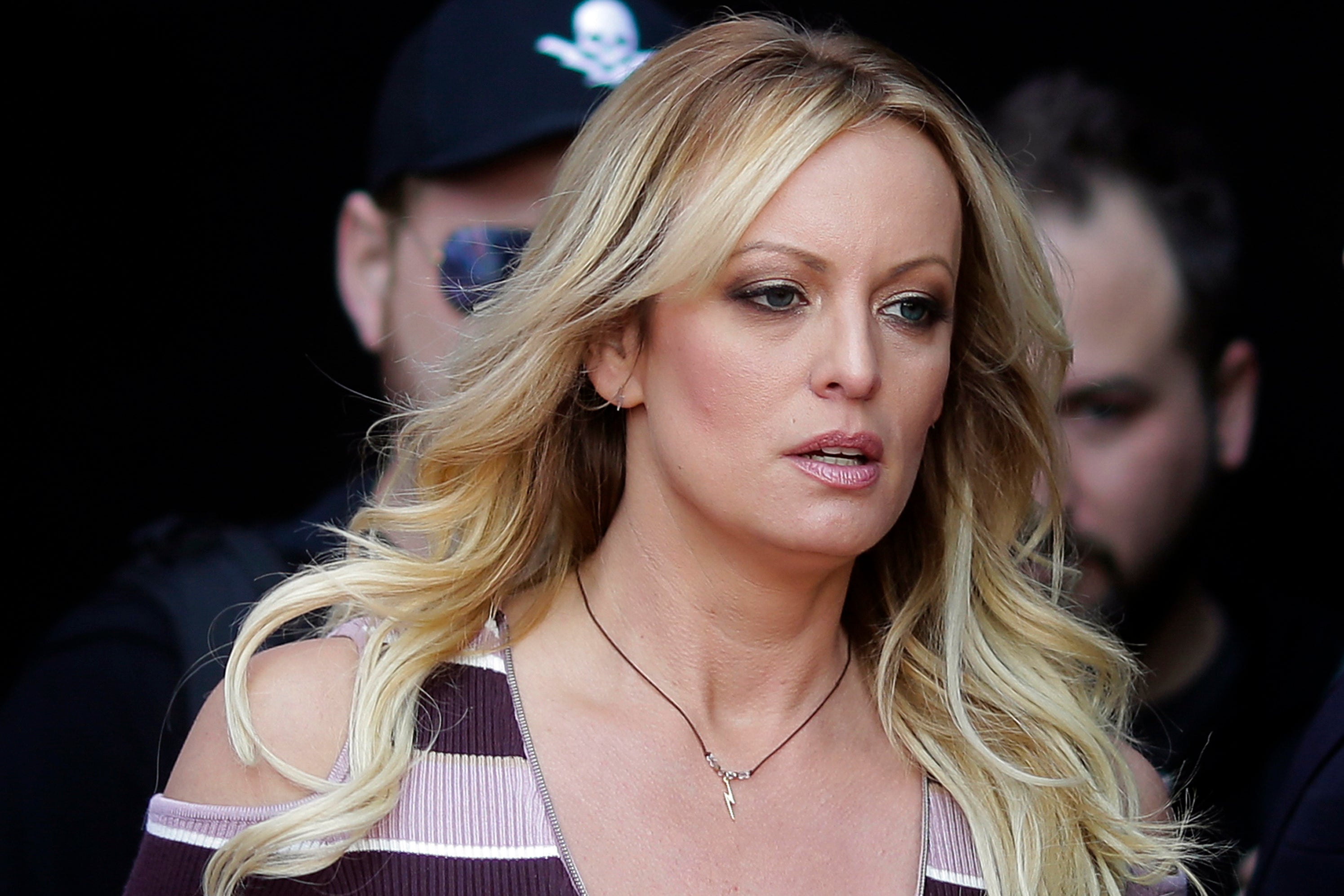
Donald Trump has become the first former US president to face criminal charges after a Manhattan grand jury voted to indict him over hush money payments made to adult film star Stormy Daniels.
The grand jury’s decision to indict Mr Trump over the payments, which were made in the run-up to the 2016 presidential election, became public on Thursday 30 March.
The one-term president is reportedly facing more than 30 counts related to business fraud, sources told CNN.
Mr Trump had earlier this month predicted on Truth Social that he would be arrested, and now his lawyers say that he will surrender in New York next week and be arraigned.
“These Thugs and Radical Left Monsters have just INDICATED the 45th President of the United States of America, and the leading Republican Candidate, by far, for the 2024 Nomination for President,” Mr Trump wrote in an angry and misspelt Truth Social post after report of the indictment.
What is an indictment in the US legal system?
An indictment is a formal notice that prosecutors believe that an individual has committed a crime, and it contains basic information about the charges that they face.
To get an indictment on a felony charge a prosecutor takes their case against an individual in front of a grand jury, according to the Department of Justice.
Witnesses can be called to testify before the grand jury and evidence is presented during a behind-closed-doors session or sessions.
After listening to the prosecutor and the witnesses, the grand jury secretly votes to decide if there is enough evidence to bring charges in the case.
If a grand jury decides there is not enough evidence then there will be no indictment.
All proceedings before a grand jury, which, for example in a federal case, is normally made up of 16 to 23 members, are sealed. At least 12 people on a grand jury must agree for an indictment to be ordered.

Lawyers say that the burden of proof for a grand jury is low as the process does not determine any guilt or innocence; rather it is a procedure to take a case forward and ultimately to trial.
If an indictment is returned, a prosecutor can then take the case to an arraignment hearing, which takes place before a judge.
During the arraignment hearing the judge reads out the charges faced by the defendant and the maximum punishments for those charges.

At this stage, the defendant can plead guilty, not guilty or enter into a plea deal with prosecutors.
If the defendant pleads not guilty the case proceeds and the judge will set any bond, a pre-trial hearing date and a trial date.
A defence attorney is hired or appointed for the defendant. The case can then move on to discovery, which includes access to reports, statements of prosecution, witnesses and evidence that are to be presented to a jury at trial.
Will Trump be arrested?
An arrest and an arraignment hearing will not necessarily immediately follow an indictment.
An arraignment hearing to formally charge a defendant in a court proceeding is scheduled following an arrest.
Mr Trump’s team has indicated that he would surrender to authorities should he face charges and would then schedule a time to effectively turn himself in. It is unclear whether Mr Trump will have to physically appear for his arraignment, a process than can be performed virtually or remotely. Following an appearance, a judge will likely allow his release on his own recognizance.
What charges does Trump face?
The case involving Ms Daniels involves a $130,000 hush money payment to allegedly buy her silence before the 2016 presidential election. Ms Daniels alleged an extramarital affair with Mr Trump, a claim that the former president’s then-attorney Michael Cohen sought to keep quiet with a payment that was reimbursed to him through the Trump Organization, according to court filings in the federal case to prosecute him.
In that case, to which Cohen pleaded guilty, prosecutors argued that Mr Trump’s business concealed the nature of the payments.
To prove that Mr Trump committed a fraudulent offence that rises above a misdemeanour, prosecutors need to present evidence that his records were intentionally falsified and were done so with the intention of committing, aiding or concealing another crime.







